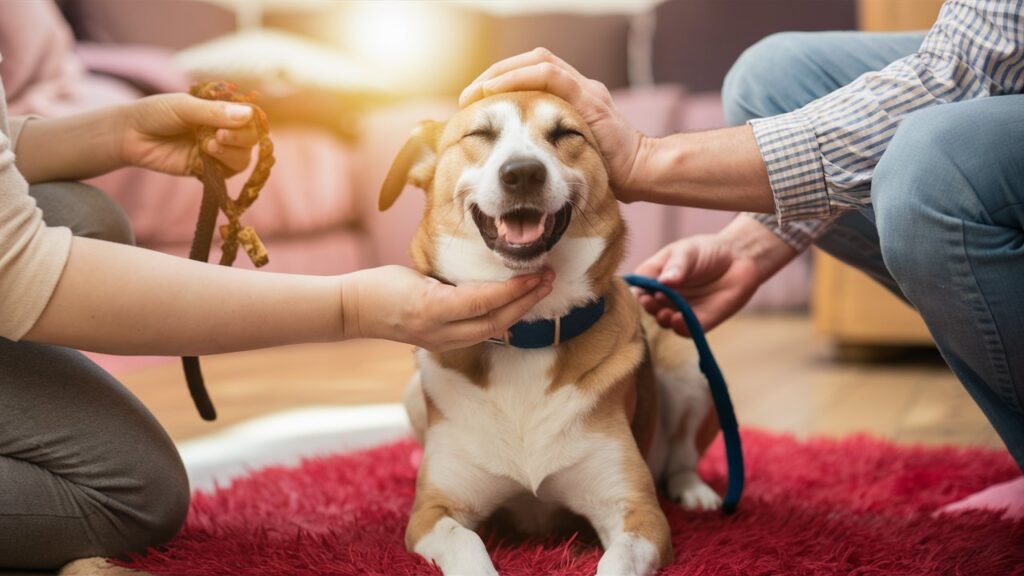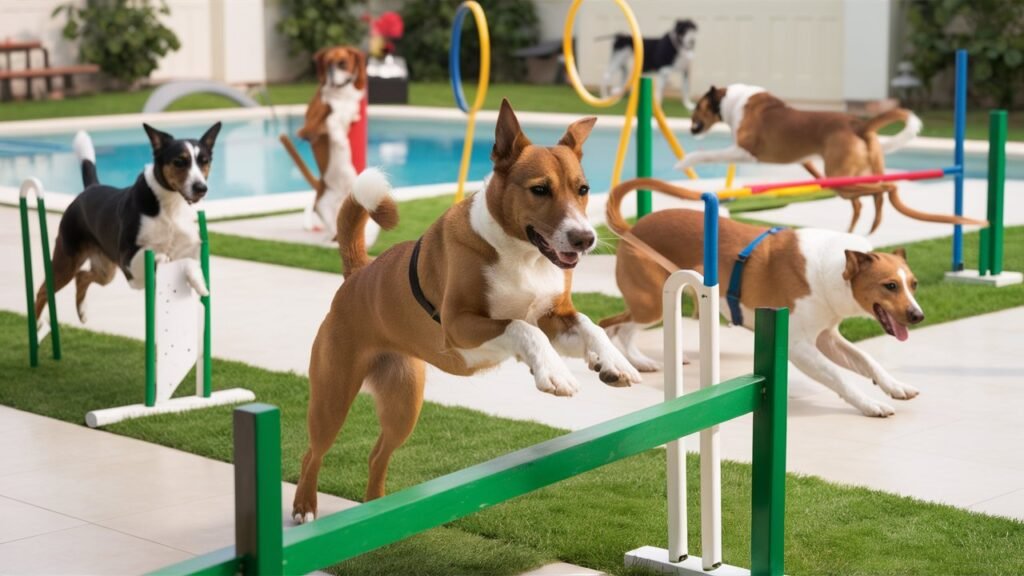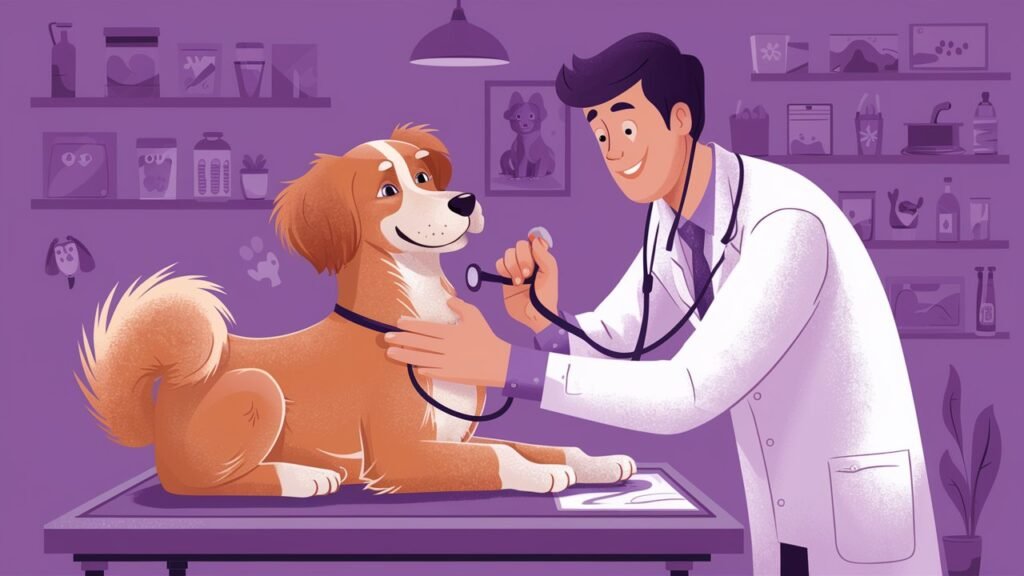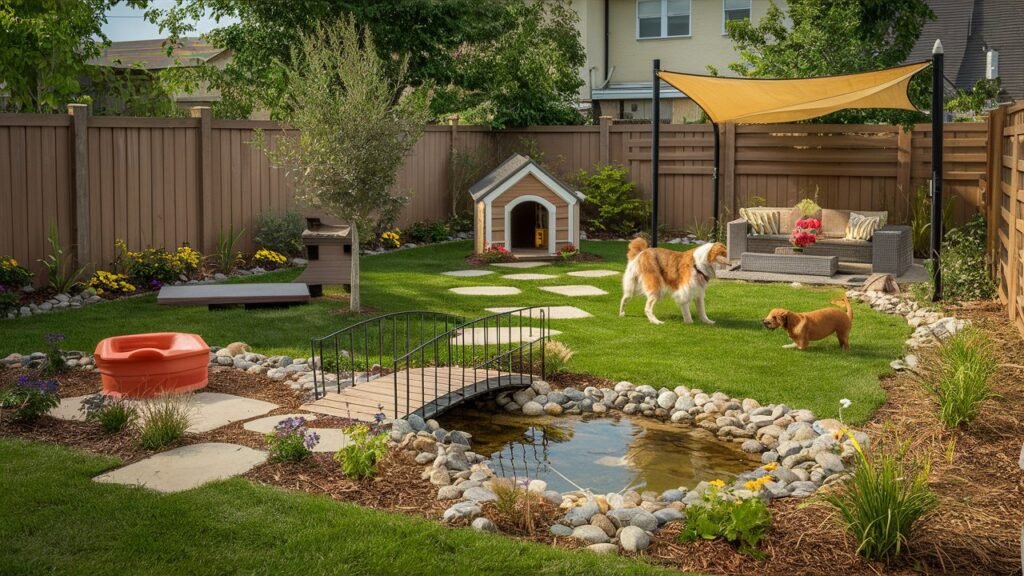Intro

Are you a dog owner looking to provide the best care for your furry friend? Look no further! In this ultimate guide, we will discuss the top 10 dog tips for responsible pet care. From researching your breed to paying attention to nutrients, these tips will help you become a more informed and attentive pet owner. Keep reading to learn how to ensure the health and happiness of your beloved canine companion.
Research Your Breed
Embarking on the journey of dog ownership begins with understanding the unique aspects of the breed you are considering. Each breed possesses distinct traits, from energy levels and grooming needs to potential health issues and temperament.
This knowledge is invaluable as it guides you in creating an environment that caters to your dog’s specific requirements. For instance, an active breed may require more daily exercise, while a breed with a thick coat might need regular grooming sessions.
Familiarizing yourself with these details ensures you are well-prepared to provide the care and attention your dog deserves. It also facilitates a smoother integration into your lifestyle, ensuring a harmonious relationship between you and your new companion. Engaging with breed-specific clubs or online forums can be a great way to gain insights and advice from experienced owners.
Invest in a Training Program
Choosing the right training program is essential for fostering a positive relationship between you and your dog. It’s not just about teaching your dog obedience; it’s about understanding each other better and building trust.
A well-structured training program can equip you with the techniques to communicate effectively with your pet, ensuring they understand what’s expected of them in various situations.

Whether you opt for group classes that offer the added benefit of socialization or prefer one-on-one sessions with a professional trainer for more focused attention, the investment in your dog’s training is an investment in a harmonious and respectful living arrangement.
This proactive approach helps mitigate potential behavioral issues, making for a happier dog and a more content household. Remember, the goal of training is to enhance the bond between you and your pet, making each interaction a positive and rewarding experience.
Reward Good Behavior, Avoid Punishments
Focusing on positive reinforcement is a cornerstone of effective dog training. Instead of resorting to punishment, which can foster negative emotions in your pet, emphasize the importance of rewarding desirable behaviors.
This can be achieved through treats, affection, or verbal praise, guiding your dog towards the actions and responses you wish to see more frequently. Punishments may inadvertently teach fear or hostility, whereas positive reinforcement strengthens the bond between you and your dog, creating an environment of trust and mutual respect.
By concentrating on rewarding your dog for good behavior, you encourage them to continue those behaviors, laying the foundation for a well-mannered and contented canine companion.
Pay Attention to Nutrients
Ensuring your dog receives the right balance of nutrients is crucial for their health and energy levels. The dietary needs of dogs can vary greatly depending on factors such as breed, age, and activity level, making it important to select a diet that’s tailored to your pet’s specific needs. High-quality dog food should provide a good mix of protein, fats, carbohydrates, vitamins, and minerals to support overall health.

It’s beneficial to periodically review your dog’s diet with your veterinarian, as nutritional needs may change over time or with health conditions. Additionally, be mindful of the treats you give, ensuring they are healthy and used sparingly to avoid weight gain. Incorporating fresh, whole foods into your dog’s diet, like certain vegetables and lean meats, can also contribute positively to their nutritional intake, but always check with your vet for safe options.
Regular Veterinary Check-ups
Staying on top of your dog’s health requires consistent visits to a veterinarian. These should include not just emergency care but also routine wellness exams to monitor your pet’s health over time.

During these visits, your veterinarian can administer necessary vaccinations and engage in preventative care strategies to ward off common ailments. Additionally, these check-ups provide a golden opportunity to discuss any concerns you may have about your dog’s health, behavior, or diet.
It’s also a perfect time for your vet to offer advice on parasite control and dental care, which are crucial for maintaining your dog’s overall well-being. Early detection of potential health issues through these regular veterinary visits can lead to more effective and less costly treatment, ensuring a happier, healthier life for your furry friend.
Understand and Meet Exercise Needs
Meeting the exercise needs of your dog is vital for their physical and mental well-being. Recognize that the level of activity required can vary greatly depending on the breed, age, and health of your dog.
Engaging your pet in sufficient physical activity not only helps maintain a healthy weight but also reduces anxiety and behavior problems. Incorporate activities such as walking, jogging, playing fetch, or agility training to keep your dog engaged and fit.
Also, consider mental stimulation exercises like puzzle toys or hide-and-seek games to keep their mind sharp. Tailoring the type and amount of exercise to your dog’s individual needs can lead to a more balanced and happy pet. Remember, an active dog is a healthy dog, so find enjoyable ways to stay active together.
Socialize Your Dog Early and Often
Socializing your dog is a critical component of their development, influencing their ability to interact confidently with the world around them. Begin this process as early as possible, introducing your canine companion to a variety of scenarios, sounds, people, and other animals in a controlled and safe manner.
This exposure helps to foster adaptability, ensuring your pet is less likely to develop anxiety or aggression when faced with new experiences. Engaging in regular social activities, such as dog parks, pet-friendly events, or simply walks in busy neighborhoods, can significantly contribute to your dog’s social skills.
Additionally, consider enrolling your dog in puppy classes or playgroups, where they can learn to interact positively with other dogs under professional supervision.
These experiences are invaluable, teaching your dog important social cues and behaviors that will make them a well-mannered and enjoyable member of any community. Remember, the goal is to make every new encounter an opportunity for your dog to learn and grow in a positive direction.
Grooming is More Than Just Looks
Grooming plays a critical role in maintaining your dog’s overall health. Through regular brushing, you not only remove dead hair and skin but also stimulate blood flow to the skin, promoting a healthier coat.
Bathing your dog with the appropriate frequency and products keeps their skin clean and can prevent the onset of skin diseases. Keeping nails trimmed is not merely a matter of aesthetics but is essential for preventing pain and potential walking issues.
Additionally, ear cleaning should be done carefully to avoid infections that can lead to serious complications. It’s important to familiarize yourself with the grooming needs specific to your dog’s breed, as some may require more intensive grooming routines than others. Incorporating these practices into your regular care routine will not only keep your dog looking great but, more importantly, support their physical health and comfort.
Secure Your Home and Yard
Creating a safe living environment is paramount for your dog’s health and safety. Thoroughly inspect your home and yard for potential dangers that could harm your pet.
Remove or secure toxic plants and chemicals out of reach, and ensure small objects that could be swallowed and sharp items that could cause injury are not accessible.

In the outdoor areas, make sure fences are sturdy and high enough to prevent your dog from escaping and check for any gaps where they might squeeze through or dig under. Additionally, keeping your dog on a leash or within a secure enclosure while outside is crucial to avoid accidents or them getting lost. By taking these precautions, you provide a secure space for your dog to explore and play safely.
Be Patient and Consistent
Embracing the role of a responsible dog owner means committing to both patience and consistency in every aspect of your pet care approach. This dual commitment lays the groundwork for a trusting and stable relationship with your dog.
Training and adapting to household routines may not happen overnight, and it’s important to approach these processes with a steady, understanding attitude. Consistency in commands, rewards, and daily routines helps your dog understand what is expected of them, reducing confusion and stress. This steady environment supports positive behavior and eases the learning process for both you and your pet.
Through maintaining a calm and consistent demeanor, you reassure your dog that they are in a safe, loving home where they can flourish. Remember, the time and effort you invest in this journey are integral to forging a deep, enduring bond with your canine companion.
